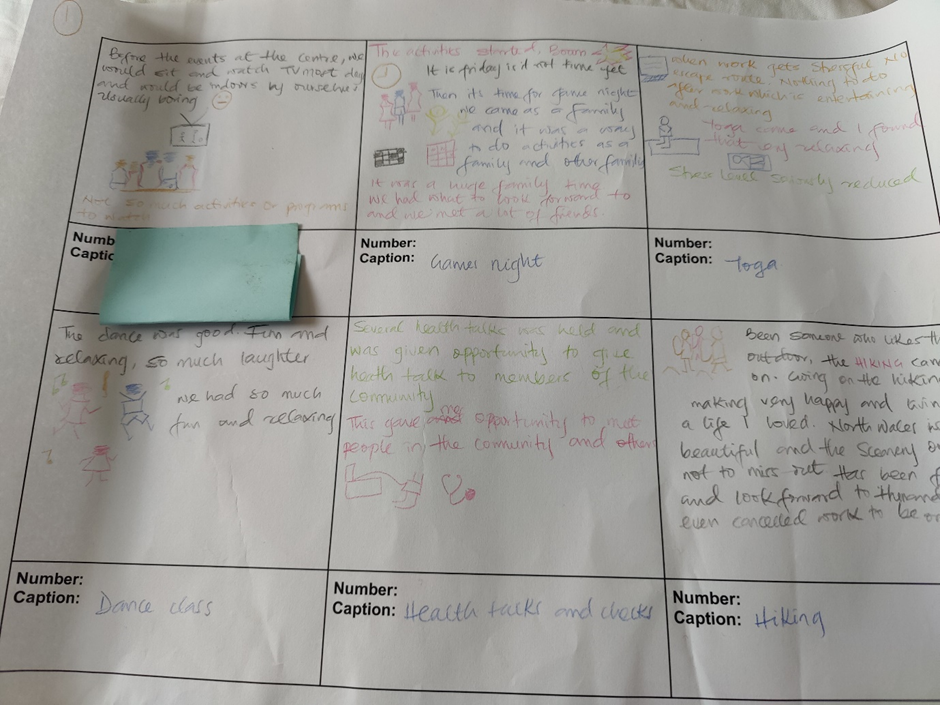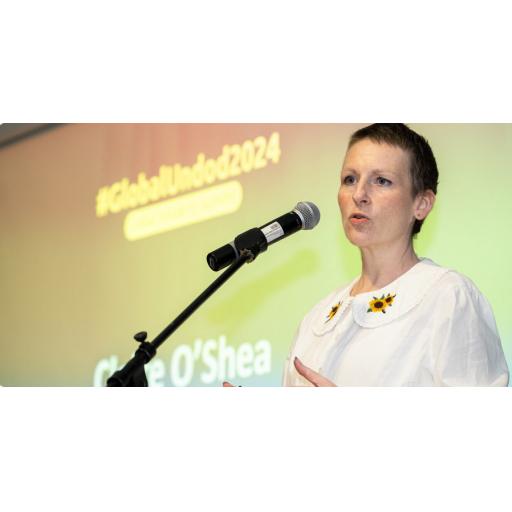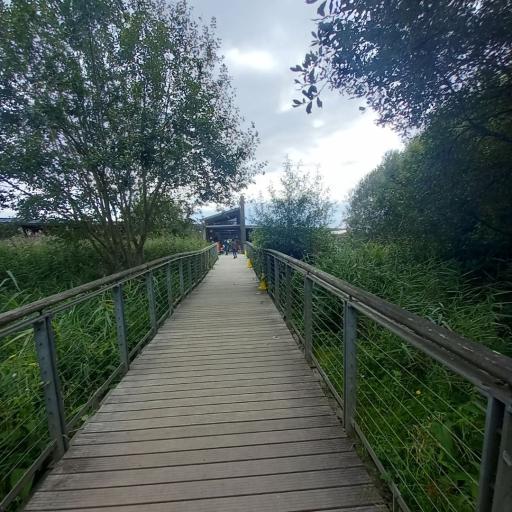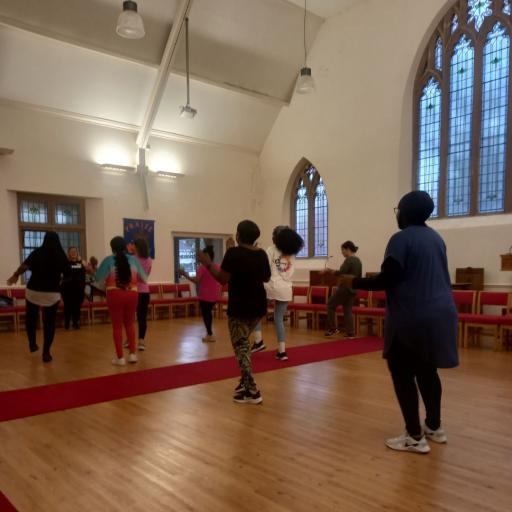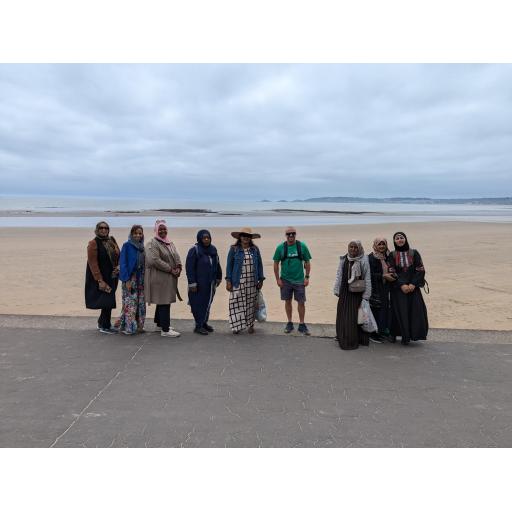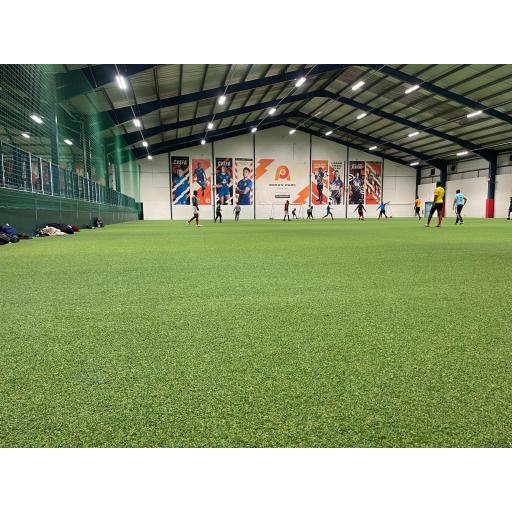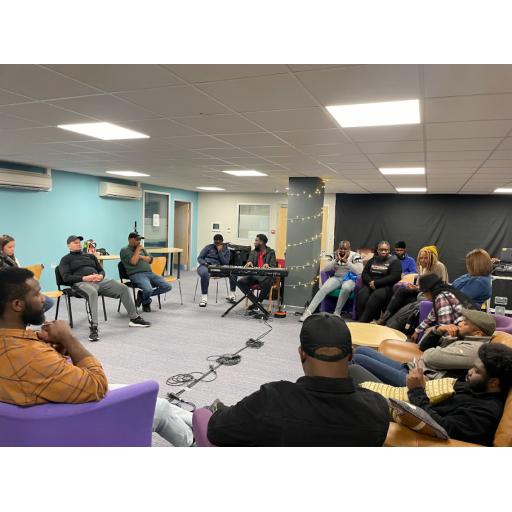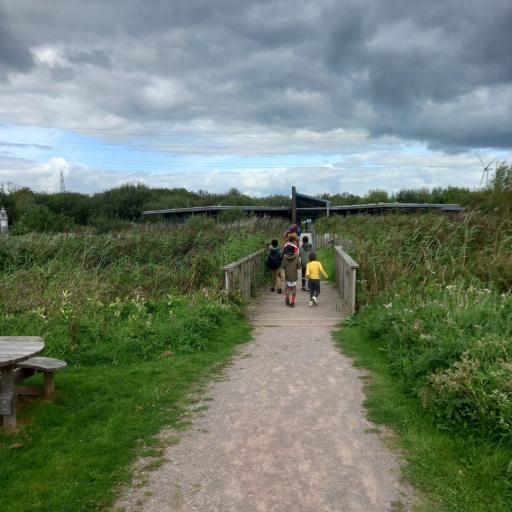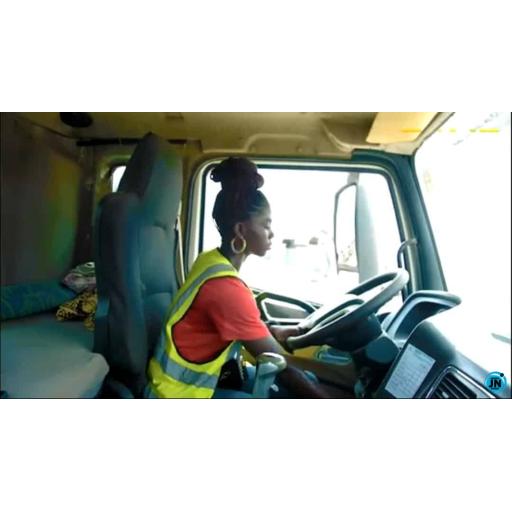By Carol Adams
I recently visited Bangor as part of the Jamii II project, which focuses on improving health and wellbeing in Black communities across Wales. During the visit, I facilitated a focus group using a creative method called storyboarding. This technique allowed participants to visually express their experiences before and after getting involved in Jamii II’s activities. After the storyboarding, the participants discussed their stories, reflecting on their journeys and the impact the project has had on their lives. The results were powerful, highlighting the deep influence the project is having on people’s well-being and sense of community.
Life Before Jamii II
For many participants, life before Jamii II felt isolating and monotonous. One participant shared, "I was bored, lonely, and homesick. I couldn’t cope with my emotions, which was a result of stress." Others echoed similar sentiments, describing how they spent their days indoors, watching TV, and feeling detached from their communities. Another participant reflected that they felt "confused, depressed, and sick" before joining Jamii II.
Many participants shared how they were seeking more than just physical activity—they wanted a space where they could bond with others, share experiences, and feel included. One participant mentioned they were looking for activities that could involve their whole family, while another admitted to feeling "irritated and confused" without that sense of connection.
The Transformational Impact of Jamii II
Once participants became involved in Jamii II, the change was undeniable. They spoke of a newfound sense of community, improved mental health, and a more active lifestyle. The range of activities offered—such as games nights, hiking, cycling, and health workshops—helped participants engage both physically and socially.
One participant’s favorite activity is the games night, which gave them a chance to connect with others and manage stress better. "Games night is my favorite. I look forward to it because it’s a nice opportunity to meet people," they said. Involvement in cycling also helped them overcome childhood fears. "As a kid, I wanted to learn how to ride a bike but was afraid of falling. Jamii’s cycling scheme gave me the chance to overcome my fears," they explained.
Another participant described the family-oriented nature of Jamii’s events: "Games night is a huge family time. We had something to look forward to, and we met a lot of friends." They also highlighted the joy found in other activities, such as hiking, yoga, and even giving health talks to the community. "Hiking makes me very happy and living a life I love. North Wales is beautiful," they said. The focus on life skills, like budgeting through shopping tips, also proved valuable, helping them save money and adjust to life in the UK.
Another participant described how the project’s focus on wellbeing brought light back into their life. "It brought sunlight," they said after attending their first health talk. They felt "accommodated, safe, loved, included, and bonded to the community" through their involvement in Jamii’s diverse activities, from dance classes to mental health workshops.
A New Sense of Belonging
A strong theme that emerged from the discussions was the sense of belonging that Jamii has fostered. Many participants had moved to Wales for work or studies, and the community created by Jamii has provided a much-needed support network. "Jamii has brought us together. It helped us, and now we can help each other," one participant remarked, a sentiment echoed by all.
For families, the activities were particularly valuable. Parents appreciated that they could bring their children, helping reduce screen time while engaging in meaningful activities. This whole-family approach was a significant factor in the positive impact of Jamii II.
Looking Ahead
Despite some barriers, such as work schedules clashing with activities, participants expressed a desire for Jamii II to continue. As one participant put it, "Never want it to end." The Jamii II project has not only improved participants’ physical and mental health but has also built a supportive community in Bangor—A place where people from various African backgrounds can come together, share their stories, and grow stronger

